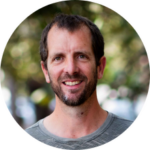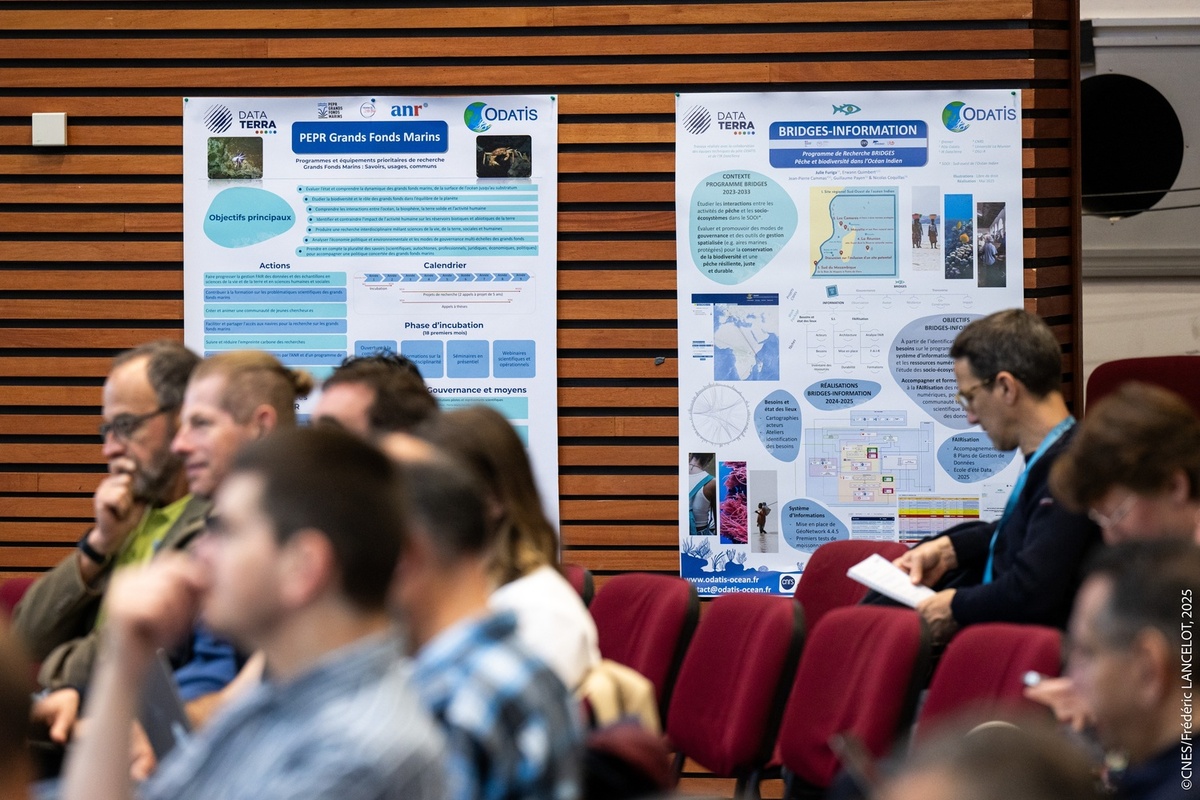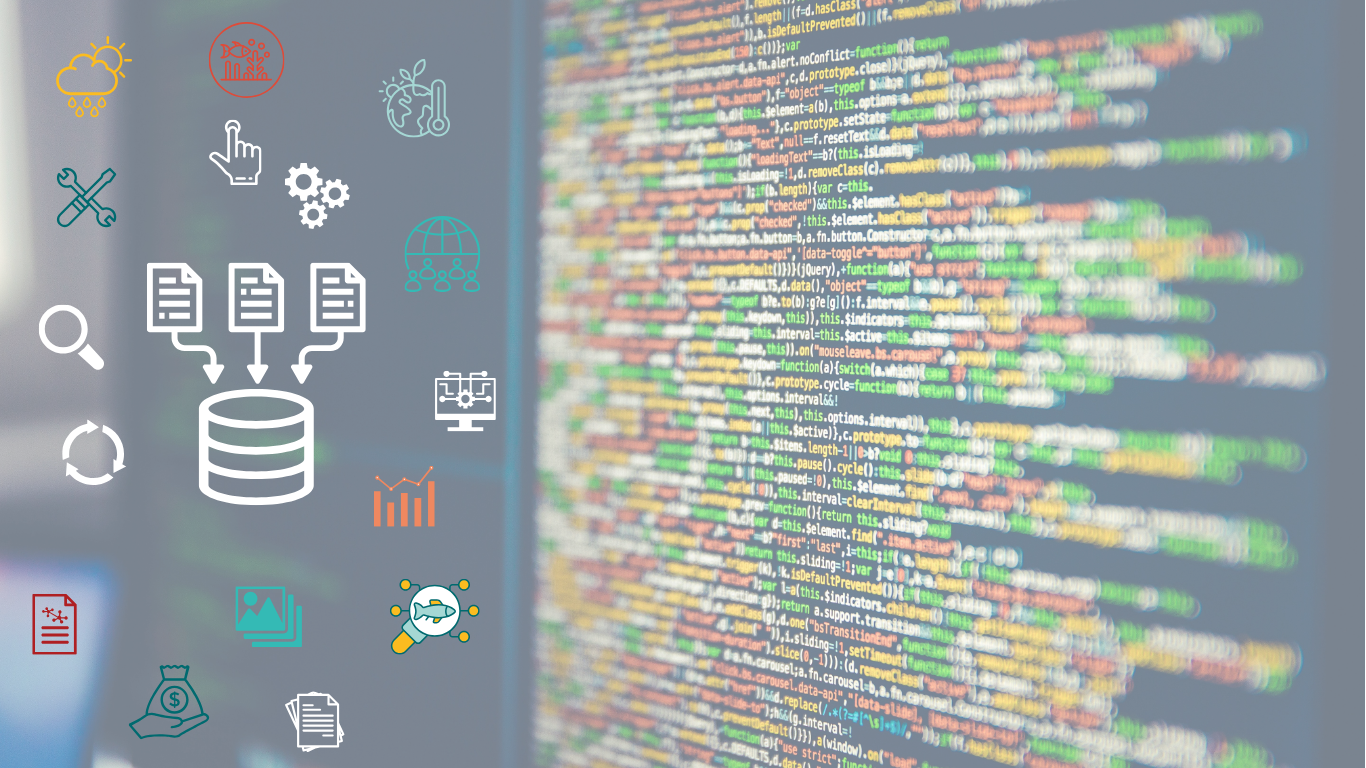
TP 1 : INFORMATION
Duration: 24 months
Project leader: University of Réunion
Key partners : Ifremer, CNRS, Data Terra Research Infrastructure (RI), OSU-Réunion (Observatory of the Sciences of the Universe)
BRIDGES-INFORMATION‘s objective is to construct an information system that brings together existing data and digital resources that are useful for the study of the socio-ecosystems of the South-West Indian Ocean (SWIO). This will then act as a data and knowledge base for other targeted BRIDGES-linked projects and also for the broader scientific community.
The project aims to find responses to the following scientific questions:
- How can acquired and new knowledge be promoted and disseminated more effectively?
- How can data-sharing for knowledge and action purposes be organised more effectively?
- How can it be ensured that BRIDGES stakeholders actually appropriate the data and services?
BRIDGES-INFORMATION‘s main objectives are to:
- Make data FAIR to reinforce existing capacities and develop new capacities for climate-ocean-resources-users observation,
- Link up with ongoing long-term initiatives at regional, national and international levels,
- Support and provide training in the FAIRisation of digital resources for BRIDGES partners to consolidate a technical and scientific community around the data. This will be carried out in conjunction with BRIDGES capacity sharing segment.
BRIDGES-INFORMATION‘s work is based on an open science approach involving the systematic sharing of data, methods and codes so knowledge commons are accessible to all and encourage the reproducibility of science. For this the project relies on the FAIR principles by which digital resources should be Findable, Accessible, Interoperable and Reusable.

BRIDGES-INFORMATION works in a fragmented landscape of data sources. There are a wide variety of types of data, processing methods, quality, associated services (including codes and models) and production sources.
The project draws on:
- Experiences of projects run in recent years like G2OI (Grand Observatoire de l’Océan Indien (FEDER, FED, Région Réunion, COI, 2020-2023), and Océan Metiss (FEDER, FED, Région Réunion, COI, 2018-2021),
- Existing information systems and data infrastructures in the Indian Ocean like Sextant ‘OI’ and the Quadrige IS,
- Clusters and observatories working in the Indian Ocean like the ODATIS Ocean Cluster and the OSU-Réunion.
Type of data involved: Past impacts on the climate, current and projected climatic and oceanographic conditions, biological, ecological and fishing assessments, contributions made by fishing to nutrition, social descriptors, institutional components.
- Surveys, meetings and workshops to identify the BRIDGES community’s data requirements,
- Inventory of existing data on study sites,
- Creation of a BRIDGES meta-catalogue,
- Internal and external multi-partner workshops,
- Acculturation and awareness-raising sessions to involve local stakeholders held on the study sites,
- BRIDGES Annual Conference
2025 :
- Mapping the key stakeholders
- FAIR analysis of collected data
- Catalog feed
- Information system implemented and operational
2026 :
- Training and best practice guides
- Inventory of digital resources
- Recommendations for system sustainability
2026-2033 :
- Use, supply and updating of the IS for the entire duration of BRIDGES
Jean-Pierre CAMMAS (CNRS, University of Réunion)

Jean Pierre Cammas is a CNRS research director at the OSU-Réunion. He is a trained atmospheric physicist whose research has focused on the life cycle of mid-latitude cyclones (1990-2000) and the transcontinental transport of pollutants (2000-2012). As regards research infrastructures, he contributed to transforming the SNO MOZAIC (Measurements of OZone, water vapour, carbon monoxide and nitrogen oxides by in-service Airbus aircraft) into the IAGOS (In-Service Aircraft for a Global Observing System, 2000-2012) research infrastructure. As the director of the OSU-R and the OMNCG (Observation of Natural Environments and Global Change) Research Federation at the University of Réunion (2012-2023), he worked to establish the OSU-R’s Information System and its Digital Strategy Plan. The latter is based on national (AERIS, THEIA and ODATIS) and international (ICOS, ACTRIS) data centres.
Erwann QUIMBERT (Ifremer)

Erwann Quimbert is an engineer with the Ifremer in Brest with a dual education in Geography and geographic information systems. His training led him to specialise in the environment, research data management and geographical data collection, analysis and dissemination technologies. Currently he directs the Data Terra Research Infrastructure’s ODATIS Ocean Cluster. He has a great deal of experience in leading and managing national and European projects. At the national level, he coordinated the ‘ANR Flash’ COPiLOtE project (‘Certification Ocean Data Cluster’ towards the certification of ODATIS Ocean Cluster Data Centres and Services). At the European level, he has contributed his marine data management expertise to many projects for which he directed tasks or work packages. These include EMODnet chemistry (2017-2023), ENVRI FAIR (2019-2022), Mission Atlantic (2020-2024) and Geo-INQUIRE (2022-2026).
BRIDGES INFORMATION latest news


No news

